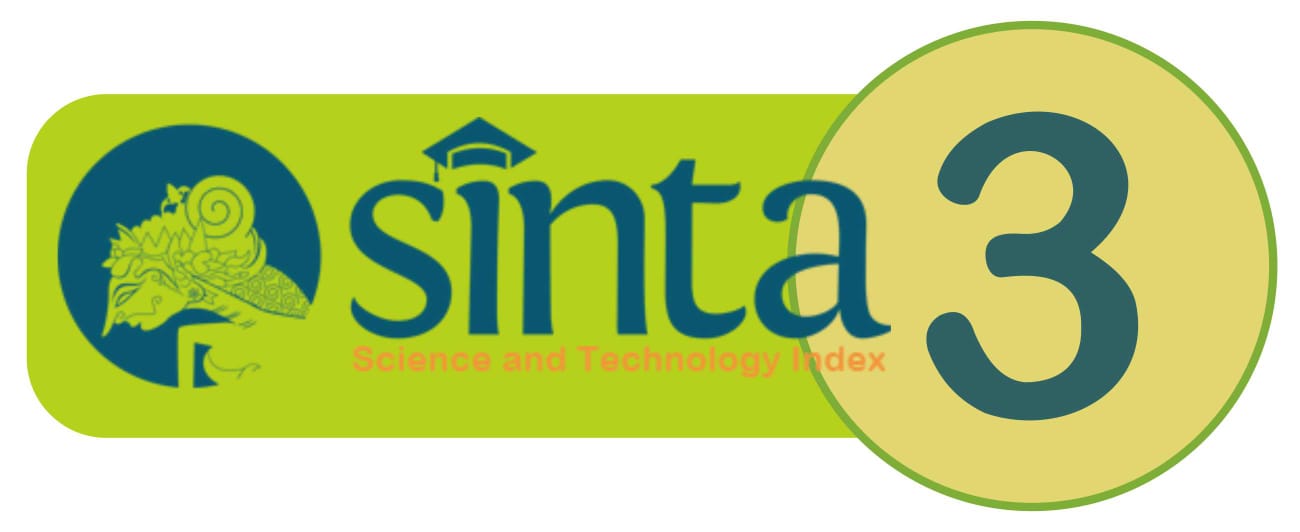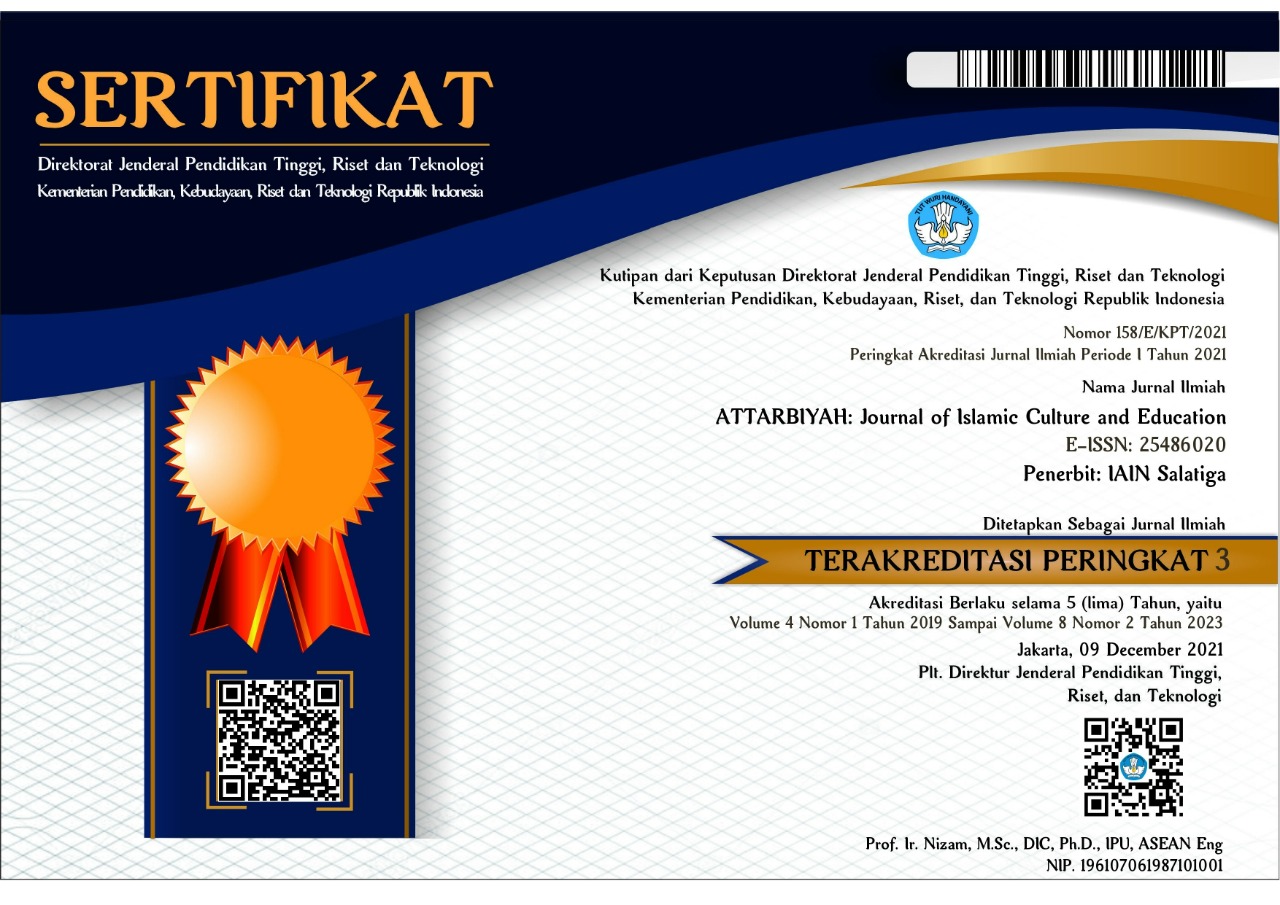- Focus and Scope
- Section Policies
- Peer Review Process
- Publication Frequency
- Open Access Policy
- Author Fees
Focus and Scope
This journal is focused on studying the implementation of Islamic education in Muslim-majority countries. We strive to be a medium that communicates research results on the implementation of Islamic education from lecturers, students, researchers and practitioners throughout the world. This journal publishes various quality Islamic education research on Islamic education in Muslim-majority countries. This study covers the areas:
- Islamic education and culture
- Media development and teaching method of Islamic education
- Philosophy of Islamic education
- History of Islamic education
- Management of Islamic education
- Madrasa (Islamic learning center)
- Pesantren (Islamic boarding school)
- Islamic schools
- Multiculturalism Islamic education
- Curriculum of Islamic education
Section Policies
Articles
Peer Review Process
ATTARBIYAH: Journal of Islamic Culture and Education maintain the standards of peer review while increasing the efficiency of the process.
All research articles published in ATTARBIYAH: Journal of Islamic Culture and Education undergo full peer review, key characteristics of which are listed below:
- All research articles are reviewed by at least two suitably qualified experts.
- All publication decisions are made by the journals’ Editors-in-Chief on the basis of the reviews provided
- Members of the international Editorial Boards lend insight, advice and guidance to the Editors-in-Chief generally and to assist decision making on specific submissions
- Managing Editors and Editorial Assistants provide the administrative support that allows ATTARBIYAH: Journal of Islamic Culture and Education to maintain the integrity of peer review while delivering rapid turnaround and maximum efficiency to authors, reviewers and editors alike.
- ATTARBIYAH: Journal of Islamic Culture and Education additionally benefit through the manuscript referral process from the high quality peer review conducted by established journals.
Peer review of referred papers:
Editors of ATTARBIYAH: Journal of Islamic Culture and Education will decide promptly whether to accept, reject, or request revisions of referred papers based on the reviews and editorial insight of the supporting journals. In addition, Editors will have the option of seeking additional reviews when needed. Authors will be advised when Editors decide further review is needed.
Peer review of novel submissions:
Articles submitted directly to ATTARBIYAH: Journal of Islamic Culture and Education will be fully peer reviewed by at least two appropriately qualified experts in the field selected by the Editor-in-Chief. The Editor-in-Chief or a designated member of the Editorial Board will then decide whether to accept, reject or request revisions based on the reviews and comments received.
Editors will decide whether each submission reports well-conducted research with conclusions supported by the data presented in the paper. Assessments of priority will not be a factor in decision-making, but all papers must make an incremental or novel addition to the literature.
Publication Frequency
Open Access Policy
This journal provides immediate open access to its content on the principle that making research freely available to the public supports a greater global exchange of knowledge.
Author Fees
ATTARBIYAH: Journal of Islamic Culture and Education is free of charge. No publishing fees charged to the authors.




